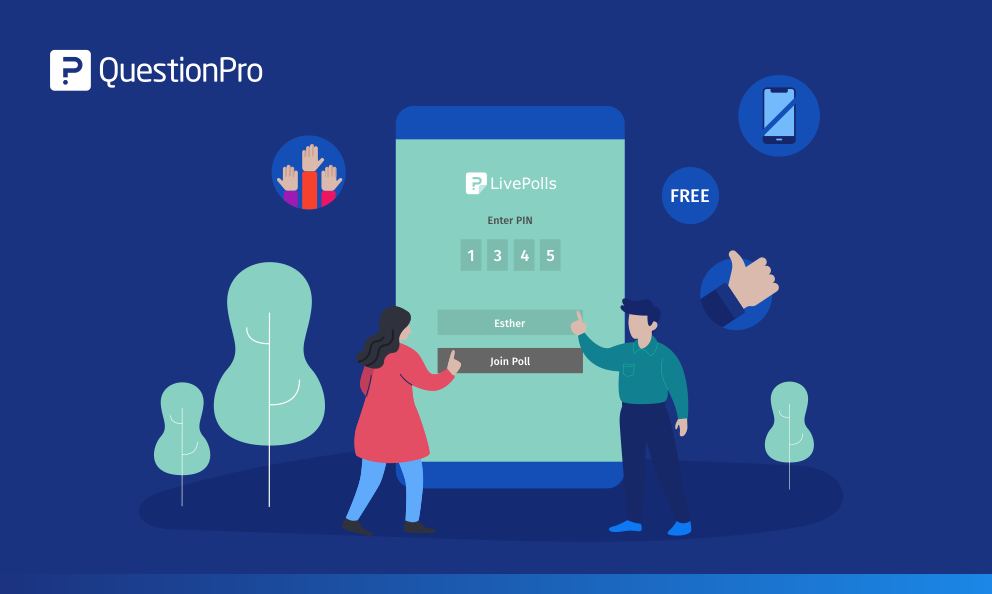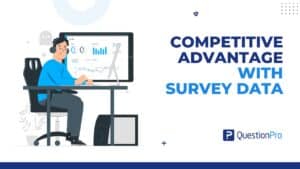
Carl Jung, the father of analytical psychology, was responsible for popularizing the concepts of “introversion” and “extroversion.” Jung defined introverted people as individuals with a clear preference for personal and individual introspection as opposed to extroverted people, who are more inclined towards external gratification.
Numerous studies have dispelled myths about introversion and extroversion, such as the belief that introverts are antisocial but smarter; or that extroverts are better suited for top business positions.
“There are two races on earth. Those who need others, who are distracted, occupied and refreshed by others, who are worried, exhausted and unnerved by solitude as by the ascension of a terrible glacier or the crossing of a desert; and those, on the other hand, who are wearied, bored, embarrassed, utterly fatigued by others, while isolation calms them, and the detachment and imaginative activity of their minds bathes them in peace.”
― 88 Short Stories
However, the representation in the media and the general perception of society around the two personalities continue to give extroverts an advantage. This is noticeable everywhere. For example, even though half the population is introverted, 60% of top executive positions are held by extroverts.
This is because the collective population tends to associate intelligence with the ability to speak in public. Thus, when a person has the facility to speak fluently in front of a group of people, they are perceived as leaders or as portrayers of great intelligence. Unfortunately, this is not always the case.
Extroverts vs Introverts in the Workplace
There is undoubtedly a genuine advantage for extroverts in the workforce, as by interacting more and meeting more people, new connections and professional networks are created. In contrast, introverted people have to work independently and with a less organic or non-existent professional network.
“Extroverts are more likely to take a quick-and-dirty approach to problem-solving, trading accuracy for speed, making increasing numbers of mistakes as they go, and abandoning ship altogether when the problem seems too difficult or frustrating. Introverts think before they act, digest information thoroughly, stay on task longer, give up less easily, and work more accurately. Introverts and extroverts also direct their attention differently: if you leave them to their own devices, the introverts tend to sit around wondering about things, imagining things, recalling events from their past, and making plans for the future. The extroverts are more likely to focus on what’s happening around them. It’s as if extroverts are seeing “what is” while their introverted peers are asking “what if.”
― Quiet: The Power of Introverts in a World That Can’t Stop Talking
A significant issue that persists today is the perception of extroversion as happiness. It is common to see teachers worry about their students in the classroom because they prefer to carry out activities alone rather than working with their classmates, often being forced to interact. This can be harmful as it’s perceived as punishment and implies that “something is wrong” with them, which simply isn’t true.
But how does the lack of integration of introverts affect the workforce? Let’s start from the beginning.
What are Introverted Employees?
Introverted employees are people at work who prefer to work alone or require spaces for internal reflection more than for social coexistence. That’s why we shouldn’t be surprised to find co-workers with headphones on all day in front of their computers.
Introverted or predominantly introverted people are energized by individual reflection and discharged by interaction with others; the opposite happens with extroverted people, who tend to get bored with personal reflection and prefer the external stimulation of interaction with others.
For years, introversion was believed to be the same as shyness and was considered a social concern. However, it has been proven that they are not only different human traits but that it is easy to differentiate them.
Shyness is rooted in fear of interacting with other people; on the other hand, introversion is a personality trait that does not inherently involve nervousness or anxiety. In the case of introversion, omitting interaction with others is mere preference.
Advantages & Disadvantages of Introverted Employees
Introverts do not usually give a good image in today’s society, as it advocates self-promotion, overflowing dynamism, and eloquence. However, they are people with undeniable qualities that, if they know how to use them, can become fundamental skills in the professional field. Let’s take a look at a summary of the pros and cons of being shy or introverted at work.
Advantages
- They know how to listen: Introverted employees tend to listen more and be more observant than their extroverted peers. However, one should not generalize, as not all introverts have this ability.
- They are better at evaluating risk: since they care to reflect more before acting, introverts tend to take less risk and are more attentive when making decisions.
- They express themselves after thinking through: introverts tend to speak less, but their reflections are more elaborated and pertinent.
Disadvantages
- They might not be very spontaneous: Introverts can show little spontaneity when working in a team. They need to think before formulating an idea or opinion; then, they will feel comfortable sharing it with others.
- They tend to isolate themselves from the group: They might voluntarily isolate themselves from groups. For this reason, they are sometimes perceived as secretive or even “outcasts.”
A tool for Introverted Employees
Some of the main activities to improve the quality of the work environment are icebreakers or “conversation starters.” These activities achieve improvement when the company makes sure the dynamic is entertaining and, at the same time, entitles employees to get to know each other.
Knowing each team member individually humanizes the company’s overall team. One of the best online ice breakers is QuestionPro’s Livepolls since it allows you to configure the game’s information to your liking, simultaneously making the activity fun and informative. It’s also an excellent option for introverted employees, as they can choose to interact passively.
Livepolls allow you to create fun and dynamic trivia with questions of any genre, from genre movies to topics related to the participants, such as inside jokes or common work topics.
LEARN ABOUT: Live polls for Classroom Experience
As you can see, there are multiple ways and tools to carry out successful virtual dynamics that help promote interaction between members of an organization, so you have to spend a little time preparing them and letting them flow correctly.
If you want to start with an online quiz, trivia, or poll, we invite you to watch the following video to do it practically and utterly free with QuestionPro LivePolls. You will love it!







